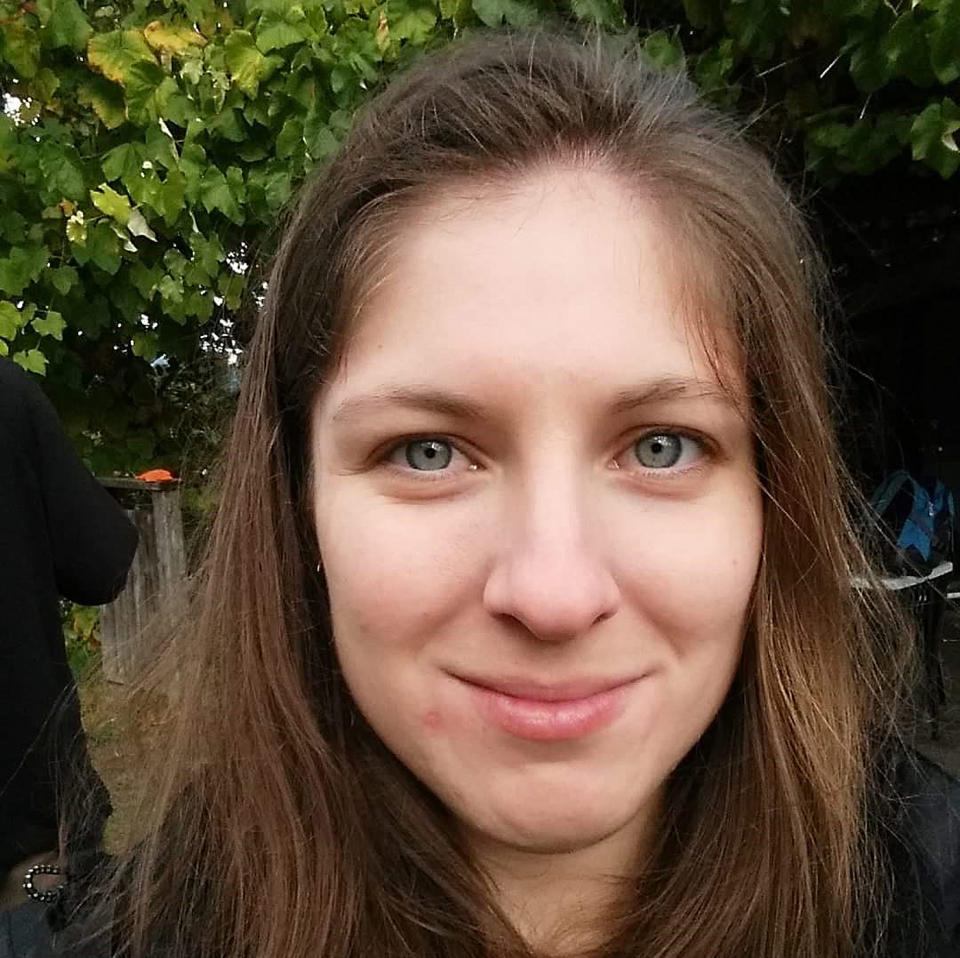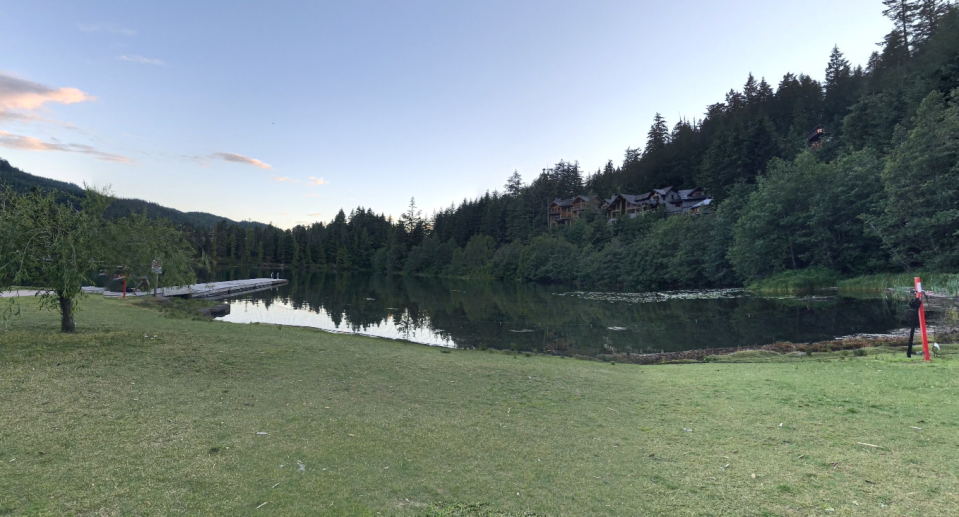Cause of Australian woman's tragic death at ski resort revealed
The cause of the death of a Perth woman who went missing from a Canadian ski resort has been revealed following a coronial inquest.
Alison Raspa, 25, went missing for four months after leaving a pub in Whistler, in northern Vancouver, in November, 2017.
It wasn’t until March 2018 that her body was found at the partially frozen Alpha Lake Park.
A report by coroner Heidi Havdale, which was released on February 24 and obtained by Yahoo News Australia, determined how Ms Raspa died.
Ms Havdale wrote Ms Raspa had been working at the resort on a visa since June 2017 - roughly five months before she died.

On the day before she died, November 22, 2017, Ms Raspa arrived at a licensed venue at about 5.15pm. A staff member said she was alone and upset as she “had no friends in Whistler and her boyfriend had left and gone back to Australia”.
“Ms Raspa was observed to be distraught and crying throughout the night,” Ms Havdale wrote.
It was also reported she became “very intoxicated” that night and was cut off from the bar at about 11.30pm.
Ms Havdale said police observed the 25-year-old on CCTV leaving the hotel just after midnight. She was also seen riding a bus to Alpha Lake Park.
The coroner noted her bag, wallet and jacket were found in an area near the lake.
Phone records determined Ms Raspa had made a number of Facebook calls which went unanswered between 1.16am and 1.25am.
Between 1.26am and 1.28am her phone received two calls she failed to answer.
Her body was found in the lake about 20 metres from the shore on March 16, 2018 by a passer-by.

“A number of people interviewed after Ms Raspa went missing reported that she had seemed depressed and was experiencing problematic alcohol use,” Ms Havdale wrote.
“It was reported she had experienced suicidal ideation in the past.”
Ms Havdale added the text messages Ms Raspa sent the day she died “support feelings of despondency”.
Toxicologists found “elevated” levels of alcohol and diphenhydramine, an antihistamine mostly used to treat allergies, in her system.
“Although concentrations were at sub-lethal levels, the combination of diphenhydramine and alcohol can potentially produce more pronounced central nervous system depression,” the coroner wrote.
Ms Havdale determined Ms Raspa’s death was a suicide with no further recommendations.
Readers seeking support and information about suicide prevention can contact Beyond Blue on 1300 22 4636, Lifeline on 13 11 14 or Suicide Call Back Service on 1300 659 467.
Do you have a story tip? Email: newsroomau@yahoonews.com.
You can also follow us on Facebook, Instagram and Twitter and download the Yahoo News app from the App Store or Google Play.




